On a bitingly windy Saturday morning just before Christians around the world would celebrate Palm Sunday, 250 Nashville neighbors gathered for a day-long celebration of the cultures and peoples of the city. Catholic Charities, Diocese of Nashville hosted its inaugural Kaleidoscope event in a spacious green field at the Diocese’s Catholic Pastoral Center, across the highway from the Grand Ole Opry and Gaylord Opryland Resort and Convention Center.
As children enjoyed face paint, rotating through the four bounce houses, and pick-up soccer, adult community members experienced a full day of performances and activities crafted to foster interaction, fun and connection. Faith and cultural leaders from a dozen organizations, vendors representing the culinary and cultural pride of their heritage and home countries, and families from parishes across the city gathered to listen, learn, dance, eat, and connect with new neighbors.
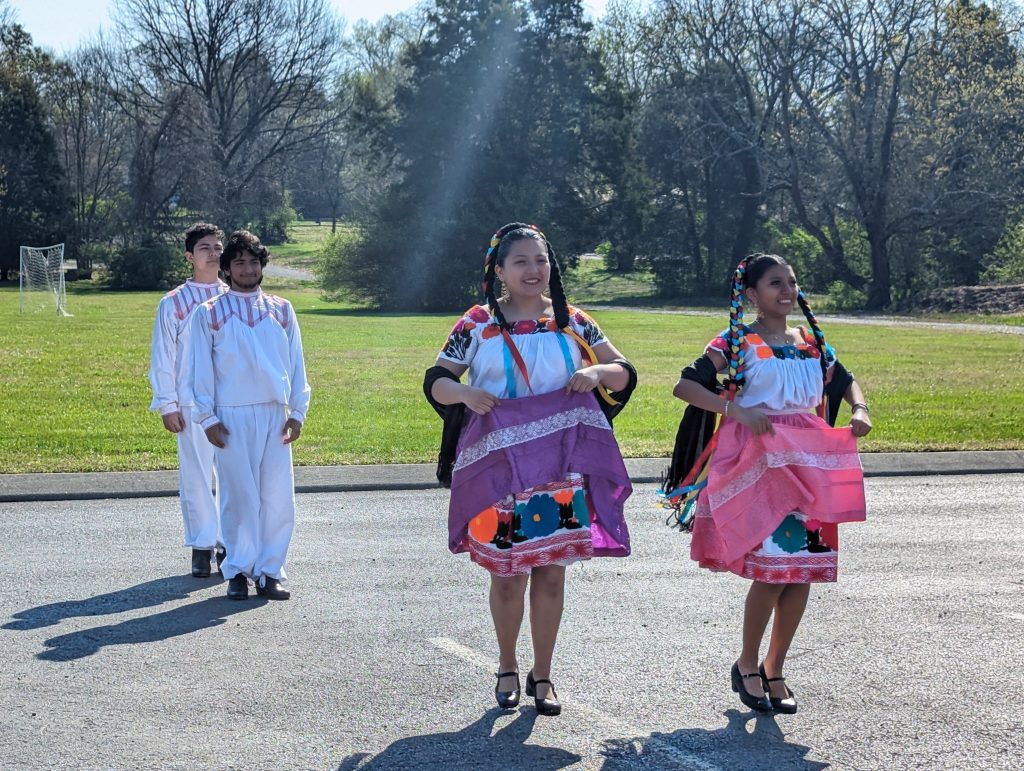
This event was part of the Team Up Project, a national collaboration between Catholic Charities USA, Habitat for Humanity International, Interfaith America, and the YMCA of the USA, to cultivate cooperation across difference for the common good in every corner across the country. The people who gathered in Nashville did not know one another, had not come together before, had not shared their feast foods with one another; with thoughtful planning, and the generous goodwill that Catholic Charities cultivates in its partners, new bonds were formed, curiosity explored, and conversations started.
Sights, Sounds and Tastes of the Day
The first performers of the morning were Mi Cielito Lindo, a Mexican folkloric dancing group. In between dances, Bryanna, the group’s emcee, and daughter of the dance-school teacher, shared information about the cities and regions in Mexico where the dances came from, how the dress or outfit was distinctive, and what the dance sought to convey. “We dance,” she shared, “because we are all children of Mexican immigrants and we are proud to be here.”
Dance performances from the Royal Lao Classical (Vietnamese) group was followed by drumming and dance from a group comprised of two ethnic communities within Myanmar, Zomi and Burmese, all of whom had enjoyed watching previous groups perform. Next, a Cuban group, Nashville Rueda, had everyone on their feet and a brave twenty participants in a circle to learn and dance together, passing partners as they went. The afternoon Zumba class was just as lively, before a Venezuelan musical duo and Congolese former refugee-led band took to the stage. The finale was Africa Nashville, who demonstrated traditional West and South African percussion patterns and dance.
The Afghan community booth was sandwiched between the American Muslim Advisory Council’s booth and a table selling rosaries. Even as the three community leaders were fasting for Ramadan, they sold out of their country’s delicious fare, rivaled only by the Sudanese and Nigerian vendors. Participants left with smiles, full bellies, and – for most of the kids and a few lucky adults – face paint.
Difference is good
Nashville’s demographic make-up continues to change. Ten years ago, the New York Times called it the next “it” city, contributing to the growth in the tech sector, go-to status for bachelorette parties, and entrepreneurs with culinary dreams. Today’s downtown skyline would have been unrecognizable before the pandemic. Countries of origin for refugee and immigrant settlement in Middle Tennessee has varied over the past few decades, though Nashville remains the home to the largest Kurdish population in the U.S. Amidst these changes, Catholic Charities is inviting their diverse parishioners and broader community to affirm that difference is good because, as was shared in the opening prayer from Executive Director, Judy Orr, “we celebrate the great gift of each other.”
During the celebration not only were people invited to enjoy the cuisines, artisan crafts, and music from Nashville’s diverse communities, but were also encouraged to connect, to meet someone new, and to learn about others in their community. Organizers Judy Orr, Cindy Tipler and Paola Beltran developed a bingo card that prompted people to talk to, learn about, and share with others attending; turning in your filled out bingo card entered participants in a drawing for a prize. Questions on the bingo card included: Did you talk to someone that was not born in the same country as you? What did you learn? and Which performance made you the happiest? This simple tool, and range of questions both fostered engagement between participants and enabled people to opt into engagement while pushing some just a little outside of their comfort zone.
Responding to local need, as Jesus would
Catholic Charities, Diocese of Nashville started in 1962 when Cuban refugees were resettled in the area and needed support to find the resources to live in this new place. Across Briley Parkway/155, 15 minutes northeast of downtown Nashville, is the Diocese of Nashville Catholic Pastoral Center. Catholic Charities, Diocese of Nashville is housed within the center, alongside the Bishop of the Diocese of Nashville and other diocesan offices. When he is in the office, the Most Reverend J. Mark Spalding presides over daily mass. The remarkable history of Catholic Charities, Diocese of Nashville, began in July 1962, when then Bishop William L. Adrian responded to the call to support Cuban children at risk under Fidel Castro’s leadership. From finding foster homes, to starting a day care kindergarten program in the 1960s, each decade brought expanded services including “family counseling, emergency assistance, older adult support, adoptions and pregnancy counseling, refugee services, childcare, and social ministries” alongside disaster relief and much more.
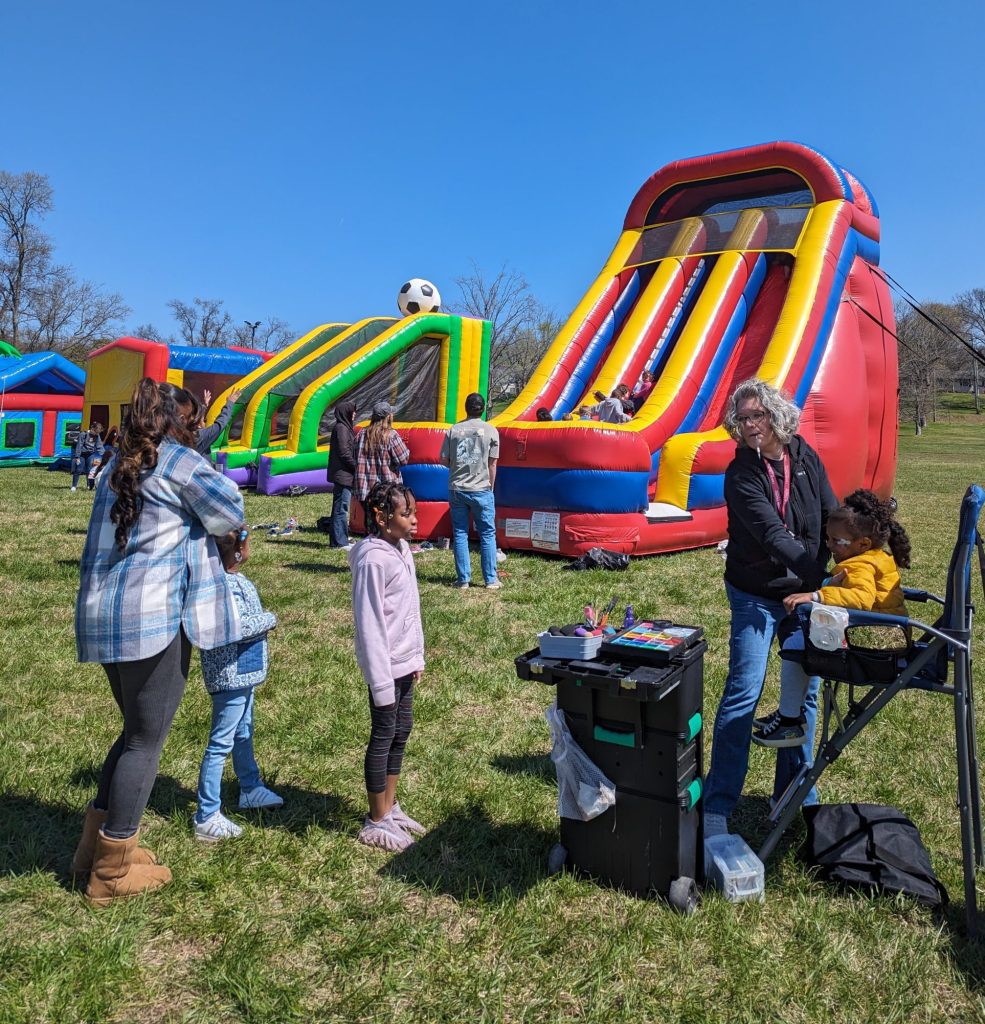
The Diocese of Nashville Catholic Pastoral Center was originally built by the Two Rivers Baptist Church, a Southern Baptist affiliate that served as a mega-church for decades before the Diocese consolidated several of their city-wide offices into this one large building. Catholic Charities, Diocese of Nashville still has footprints across the city through management of Loaves and Fishes (a hunger relief program located downtown), Catholic Charities at C.E. McGruder (job training, housing security, and hunger relief in north Nashville), and Catholic Charities at Casa Azafrán (immigration services, emergency housing, and short-term assistance, job seeking skills, financial literacy, emergency food pantry in south Nashville). They also have three well-established rural locations.
Catholic Charities, Diocese of Nashville’s mission reads, “Following Christ’s example, we recognize the dignity of all people and serve our neighbors.” This is part of what makes Catholic Charities such a powerful site for bridgebuilding work to happen – staff and offices explicitly respond to local need, partnering with local organizations whose shared commitment to food, housing and dignity, foster intrinsic motivation for working together.
Genuine Joy Amidst Difference
Daphnie Sowa is a young woman who sold handmade rosaries, necklaces, and earrings in a booth at the festival; she learned about the opportunity through her parish newsletter. She shared that, after purchasing several meat pies from the women at the Nigerian table, they came to visit her booth as well. Not only attendees to the festival, but vendors and community leaders themselves visited one another’s booths, swapping delicacies, stories and smiles. Some who attended the festival had been in Nashville for generations, some arrived decades ago as migrants and refugees, and some are newcomers to this quickly growing city. Orr shared as the festival came to a close, “everyone is asking when we will do this again.”
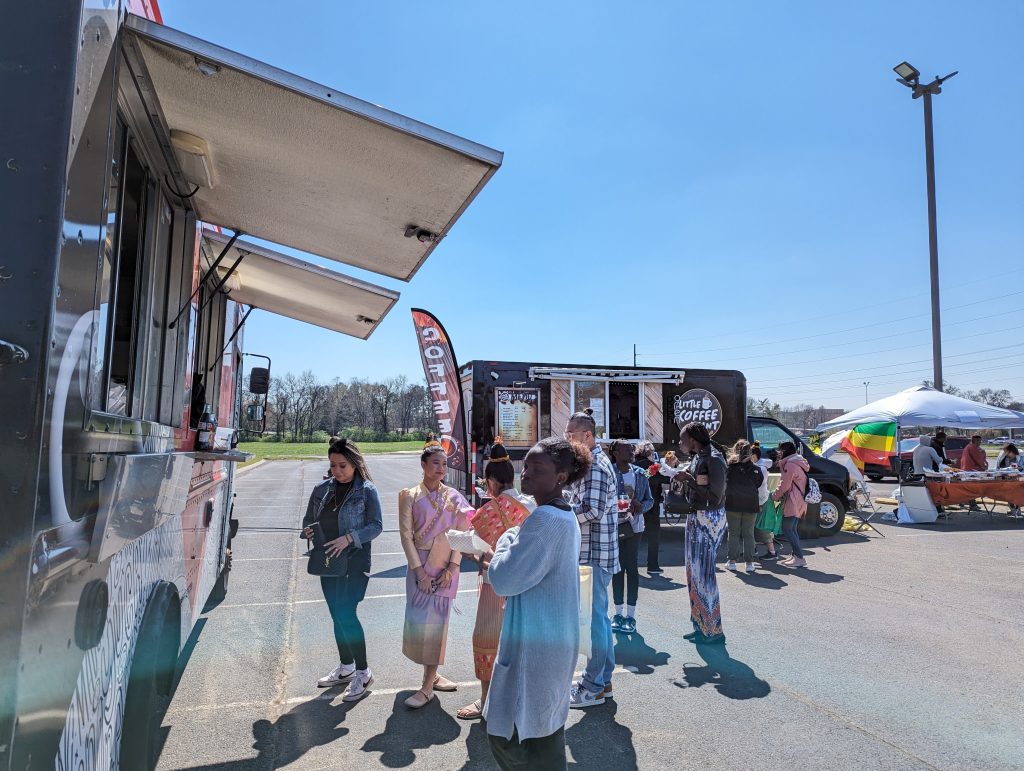
Catholic Charities, Diocese of Nashville extended an invitation for the congregations, community organizations and leaders, vendors and members who they interact with on a day-to-day basis to come together for one day. These are folks who did not know one another, but after one day of children taking turns together, dancing alongside one another and sharing one another’s food, these community members are not strangers to one another.
Becca Hartman-Pickerill is a Senior Director of Democracy Initiatives at Interfaith America.
We Can Build Bridges
This free, interactive online course shows bridgebuilding in action, defines the goals of bridgebuilding, and gives steps to build bridges in your own life.
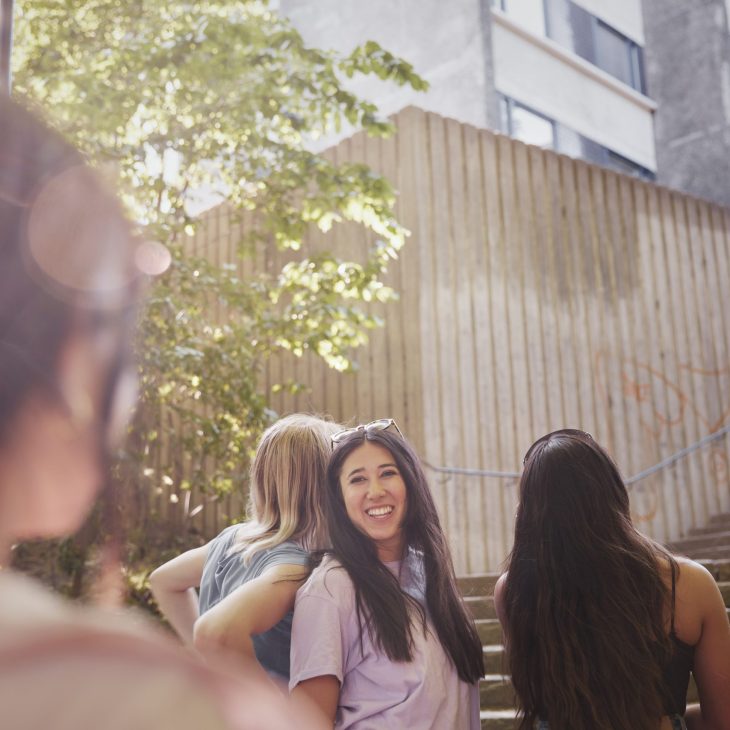
Latest Articles
-
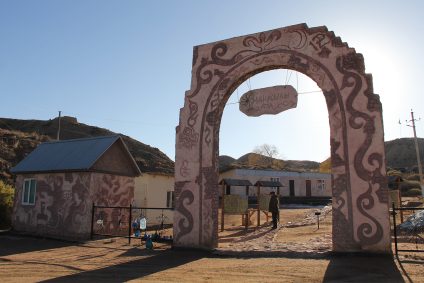
American Civic Life
Once Protected by its Remoteness, a Sacred Lake in Kyrgyzstan is Threatened by Change
April 26, 2024
-

-
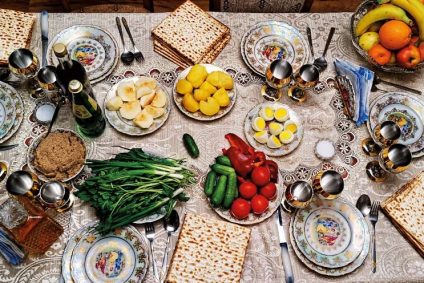
-
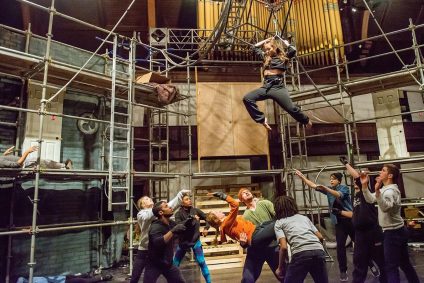
-

Interfaith America Interview
"You Desperately Need Rest," Author Dalton-Smith on Sacred Rest
April 16, 2024
Join us today
Get inspired, equipped, and connected to unlock the potential of America’s religious diversity.